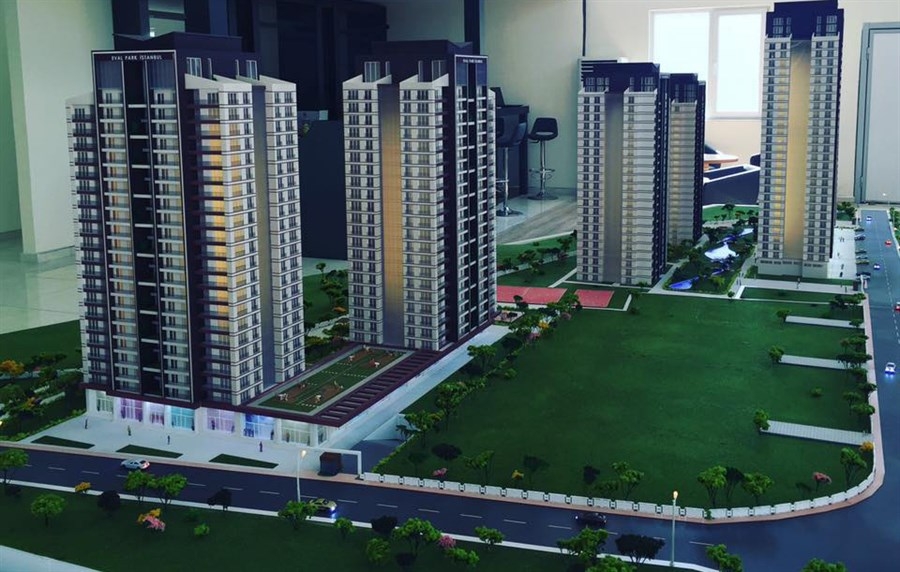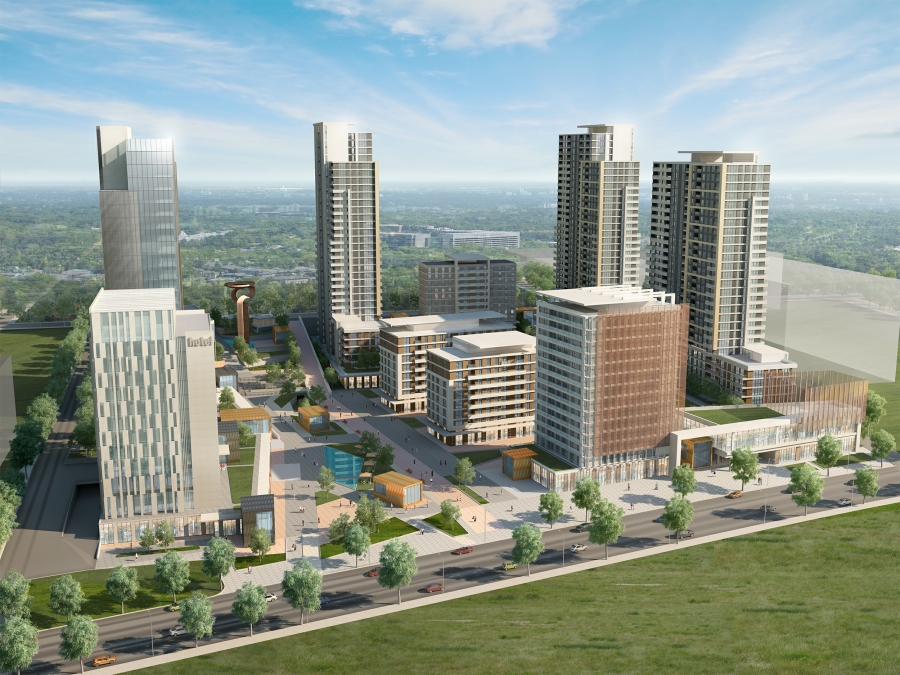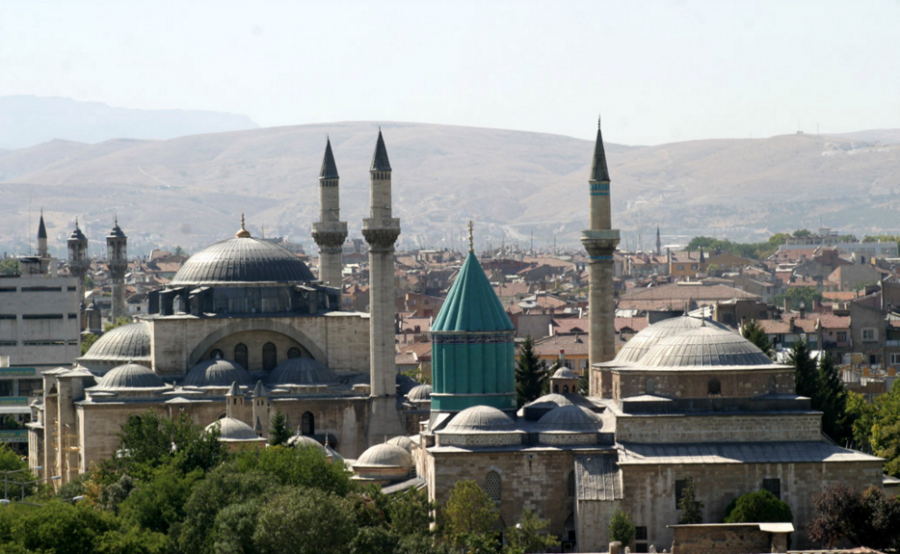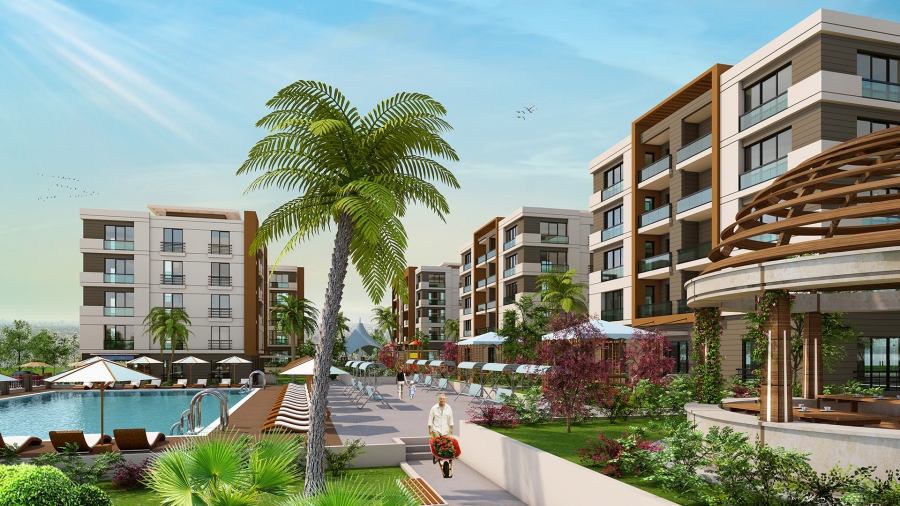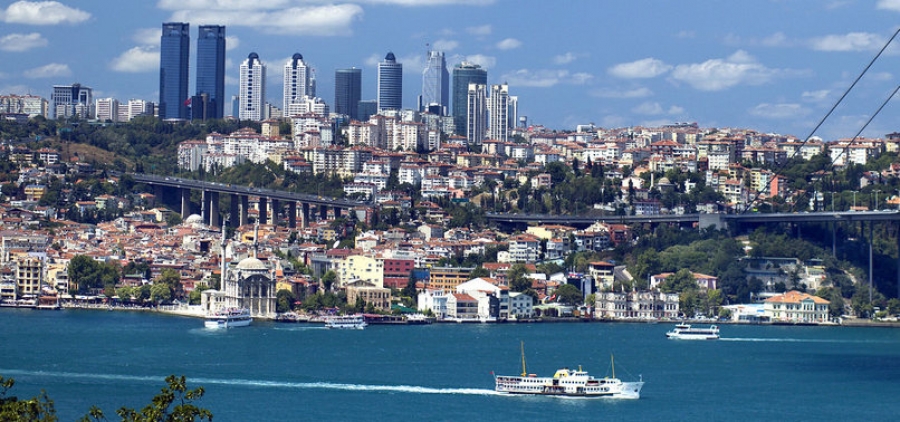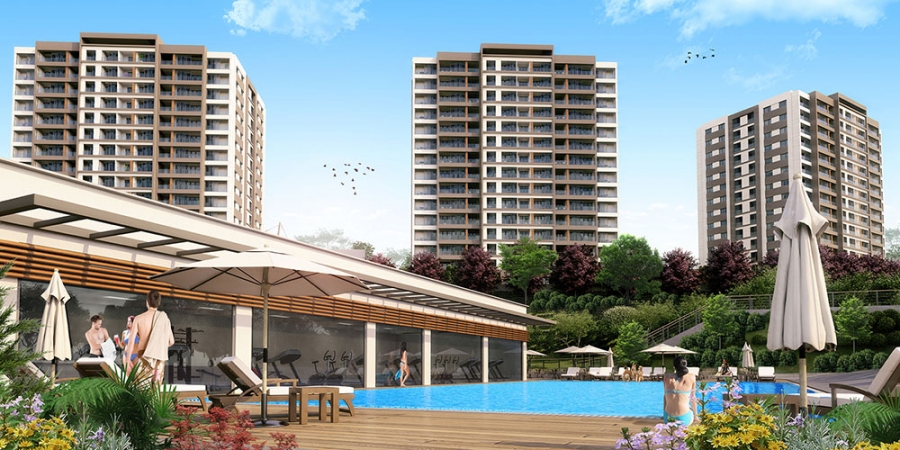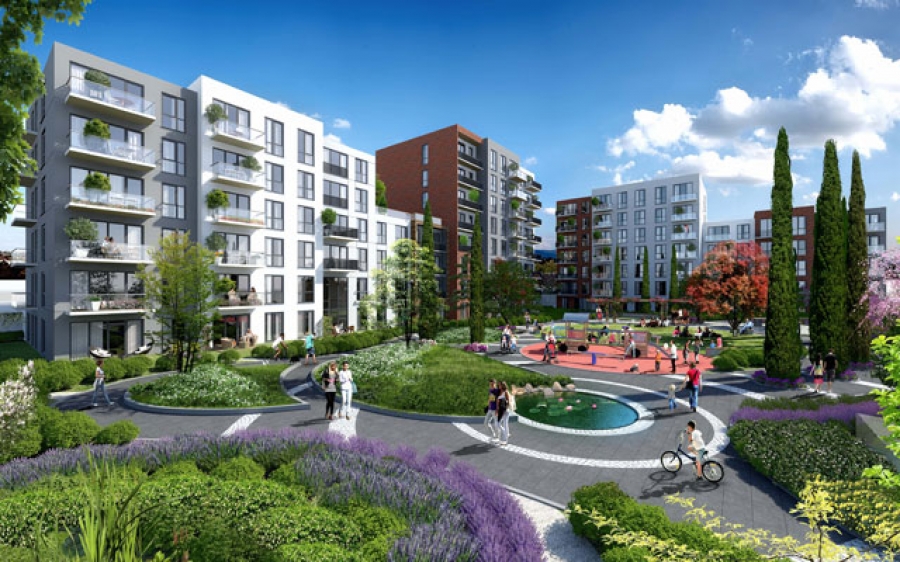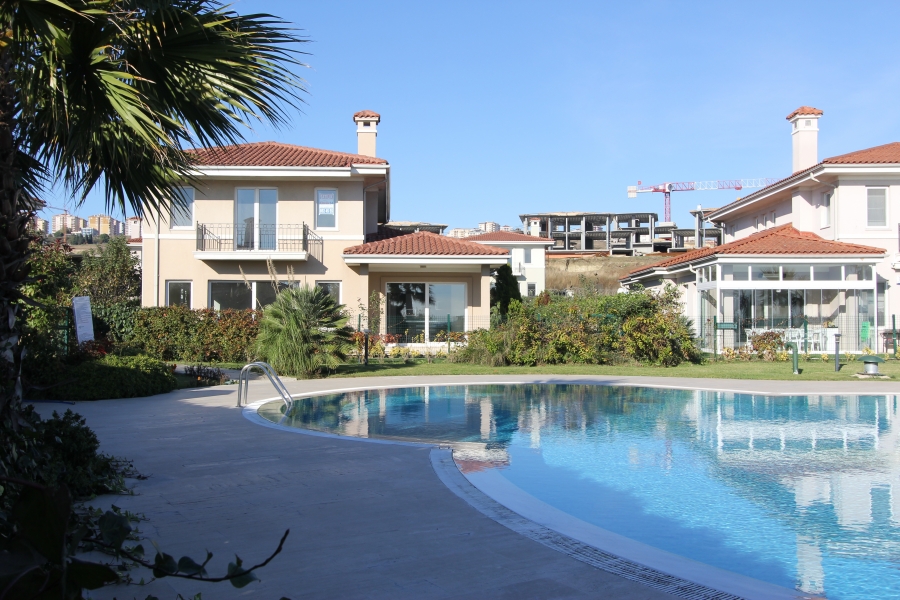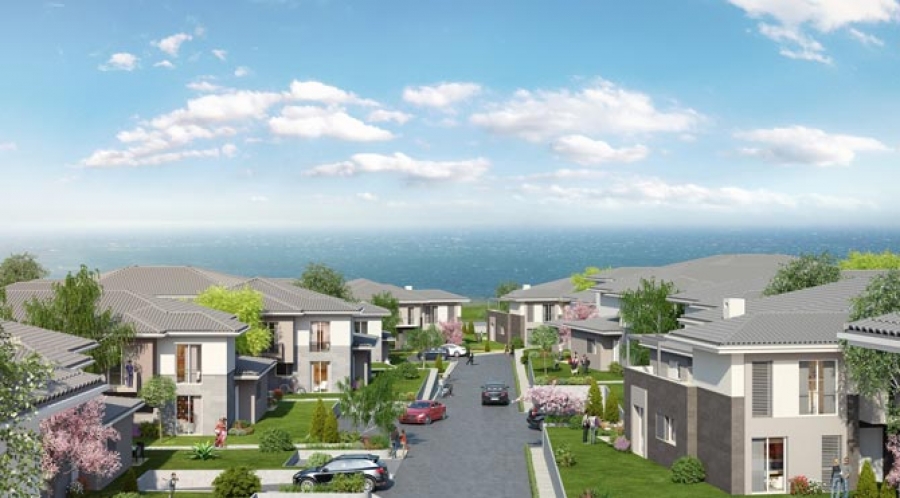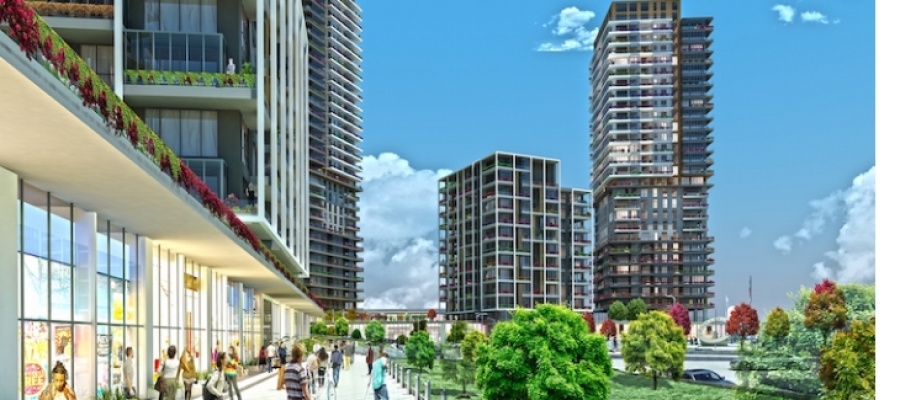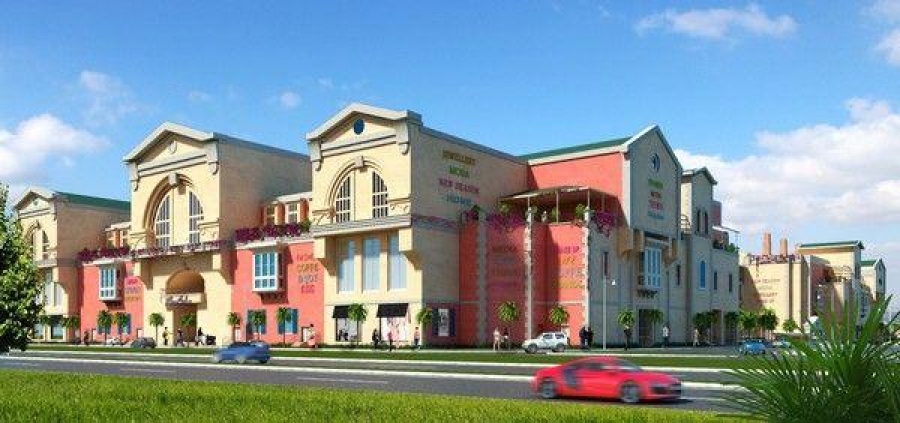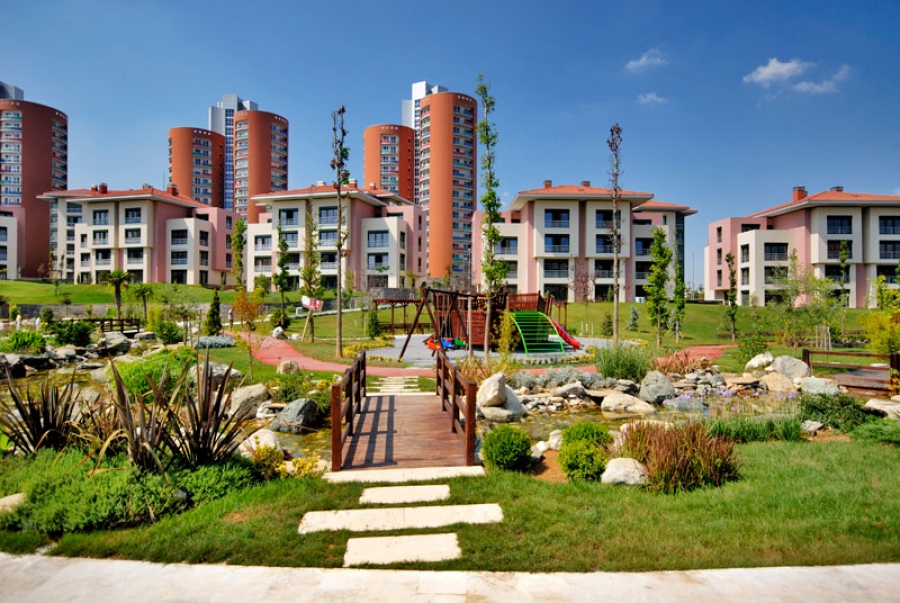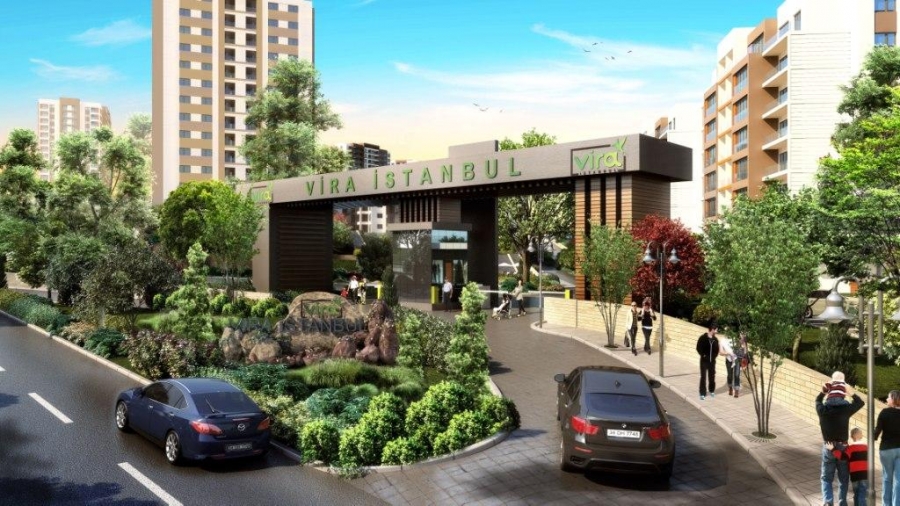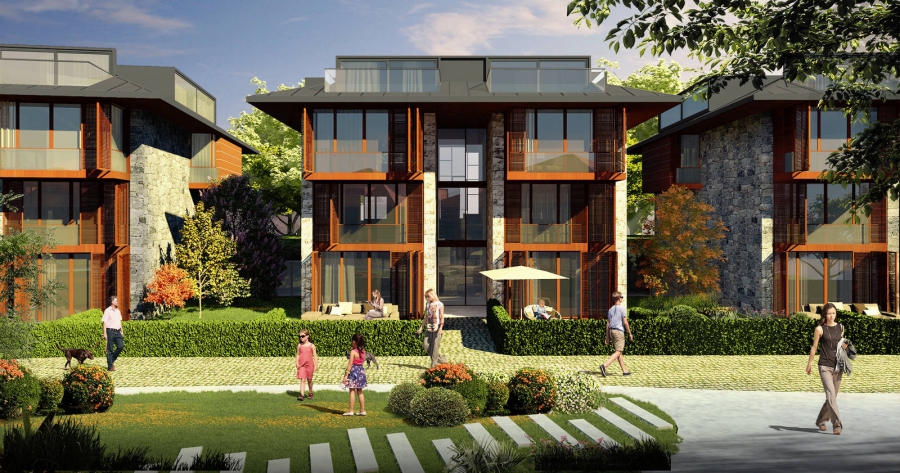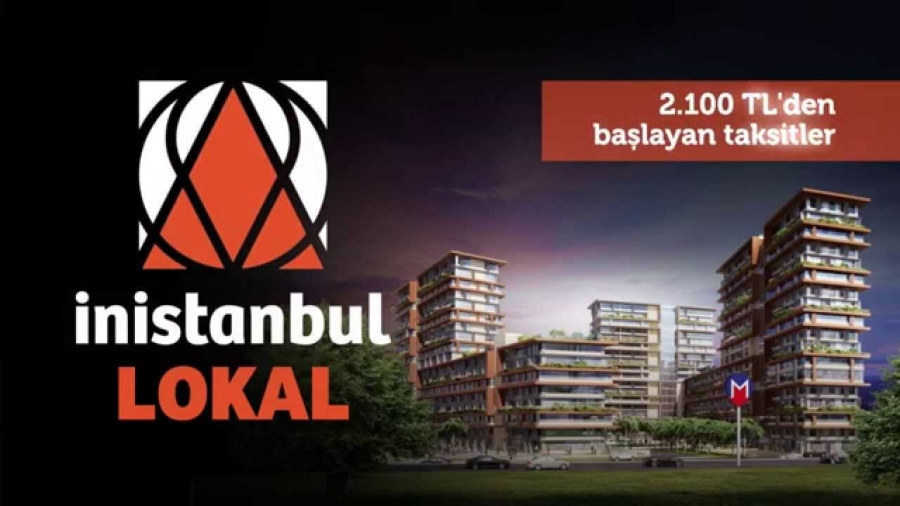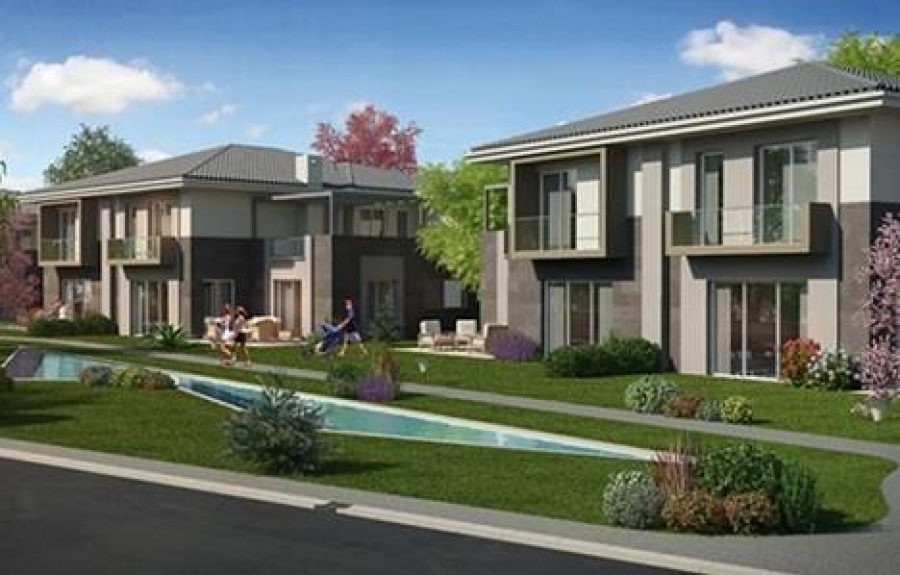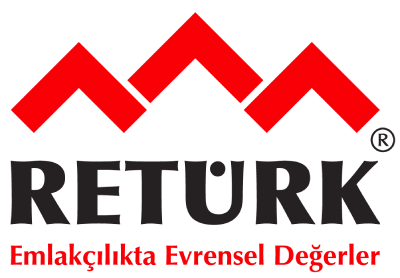Turkish - Living in Turkey
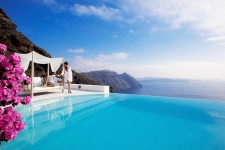
Turkish- Sunshine, friendly people and a low cost of living make Turkey a hugely desirable place in which to buy a property. Turkey, where east meets west, with steadily growing wealth and economy, is now a top overseas home buyer destination. Turkey may border the volatile Middle East, yet it is a stable, secular and democratic country. Its geopolitical position, close to the USSR, made it a key Western ally during the Cold War, and it became a member of NATO in 1952.
Turkish
The country has continued to be an important friend of the West, although the war in Iraq has put this relationship under strain, particularly as there is widespread popular discontent at events there. Many Turks also feel let down by what they see as European foot – dragging over their country’s application to join the EU. Despite this, the political establishment and military remain pro – Western.
The country is currently run by the Ak Partisi, which enjoys a large majority in parliament – a rare thing in the usually fragmented world of Turkish politics. Turkey’s population is 99% is Muslim, but most Turks are far more moderate in their beliefs than their neighbours in Middle East. The west of the country and the main cities such as the capital Ankara, plus Istanbul, Izmir, Adana, Antalya, Bursa, are the most developed areas, where industry and commercial activity are concentrated. This is also where the tourists industry and foreign property market are currently concentrated.
The crime rate in Turkey is very low compared to Britain and other Western European countries. Violent crime is particularly very rare, Burglary and car crime also less common and almost entirely confined to the larger cities and towns.
Health Care and Education
Turkey has a three-tier health system with state hospitals and health centres, hospitals funded by the equivalent of National Insurance, and privately run clinics and hospitals. In general, the quality of care and equipment is best in the private sector, and easily on a par with, if not better than in Britain.
Private hospitals in resorts areas and the main cities will generally have some English speaking staff; though don’t count on this elsewhere. You will be expected to pay for any treatment at the time and then reclaim the cost later if you have health insurance. Foreign residents can arrange private health insurance through a Turkish Bank or insurance company.
Turkey’s education system is based on the French model, and has both government – run and private schools. Children of foreign residents are entitled to go to state schools, which tend to have larger classes and fewer facilities than their equivalent in Britain. Private schools, found in the most cities and large towns are better resourced, though standards of tuition may not be high as the best state schools – known as Anadolu Lisesi…
Currency and Banking
A new currency, the new Turkish Lira, was introduced at the beginning of 2005 to replace the Turkish lira, whose valued had been eroded by years of rampant inflation. The old coins and notes were legal tender until the end of 2005, though you can still change them for new Turkish Lira at many banks in 2006.
There is a large choice of high street banks in Turkey, offering standard banking services to foreign nationals living in the country. You will need a residency permit to open an account, but you can cash travellers’ cheques and withdraw cash from ATMs using British credit cards, as well as some debit cards. Making international transfers to and from Turkish bank accounts takes at least 10 working days, and often considerably longer.
The mortgage system in Turkey is still at a very early stage of development and loans are not available to foreigners, although this may change in the near future.
Cost of Living
Foreign visitors with hard currency enjoy a high purchasing power, with the cost of living far below European levels, even in the relatively expensive coastal resorts. For example, the cost of a mineral water is about 50p, while a beer in a bar costs around £1. Dinner with local wine in a restaurant in a tourists are a typically costs about £12 per head – although you can eat for a fraction of that elsewhere.
Modern supermarkets are now commonplace, but shopping f
